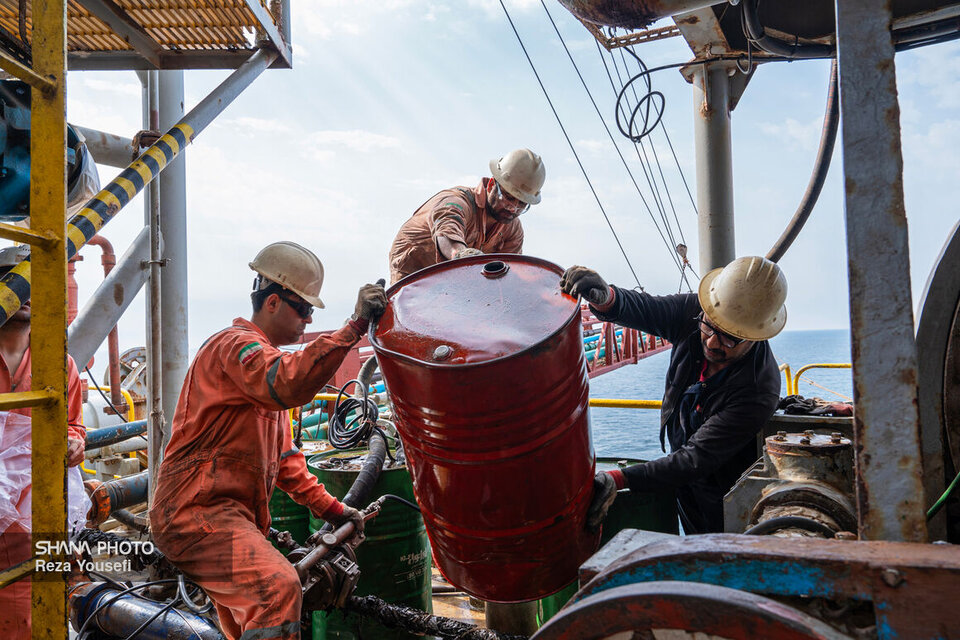Mahmoud Mohaddes, in an interview with SHANA on the anniversary of Iran’s first oil discovery, stated that oil is a national asset, but its utilization varies by country. Some nations rely on it to drive economic and industrial development, while others treat it merely as a source of immediate revenue.
He emphasized that oil is a valuable intergenerational asset, and most oil-rich countries aim to create lasting wealth through careful planning, given its finite nature. Iran’s oil discovery has spurred transformative developments across sectors, with the industry’s growth enabling broader economic progress.
Sanctions challenge for the Middle East’s first oil producer
Mohaddes noted that Iran was the first Middle Eastern country where oil was discovered. However, since the revolution—particularly in recent years—the oil industry has faced extensive sanctions.
Despite these restrictions, Iran has managed to mitigate some sanctions’ effects over time. Mohaddes stressed that while sanctions have complicated technology access, financing and oil sales, the country has found ways to overcome certain challenges.
"Oil is a great blessing, but wise management can turn it into sustainable wealth," he said.
Three key factors for Iran’s oil industry to overcome sanctions
Mohaddes outlined three critical elements for optimizing production and maximizing reservoir recovery:
1. Funding – Investment in oil production to boost output.
2. Technical expertise and equipment – While Iran has significant domestic capabilities, some gaps remain, requiring collaboration with foreign firms.
3. Skilled workforce – Professionals to manage and direct these resources.
Gradual shift from fossil fuels to renewables
Mohaddes acknowledged that exploration is growing harder as major, low-risk reserves diminish. Still, Iran retains strong potential, particularly for gas discoveries. He suggested focusing on high-potential areas like the Abadan Plain and the northern Persian Gulf.
On renewables, he noted earlier predictions of a sharp decline in fossil fuel use by 2040 but said the transition will likely be gradual.
Wealth creation through accelerated fossil fuel extraction
With the eventual decline of fossil fuels inevitable, Mohaddes urged Iran to speed up extraction and convert these resources into sustainable industries. Investment in new exploration and oil industry development is essential, he said.
He praised NIOC’s recent "Upstream Oil Industry Investment Transformation" event, which introduced projects to attract investment. A detailed booklet outlined funding needs, but Mohaddes stressed that private Iranian firms must collaborate with foreign partners and secure international financing to realize these plans.


Your Comment